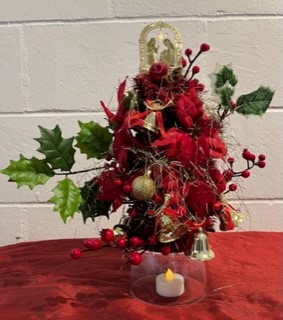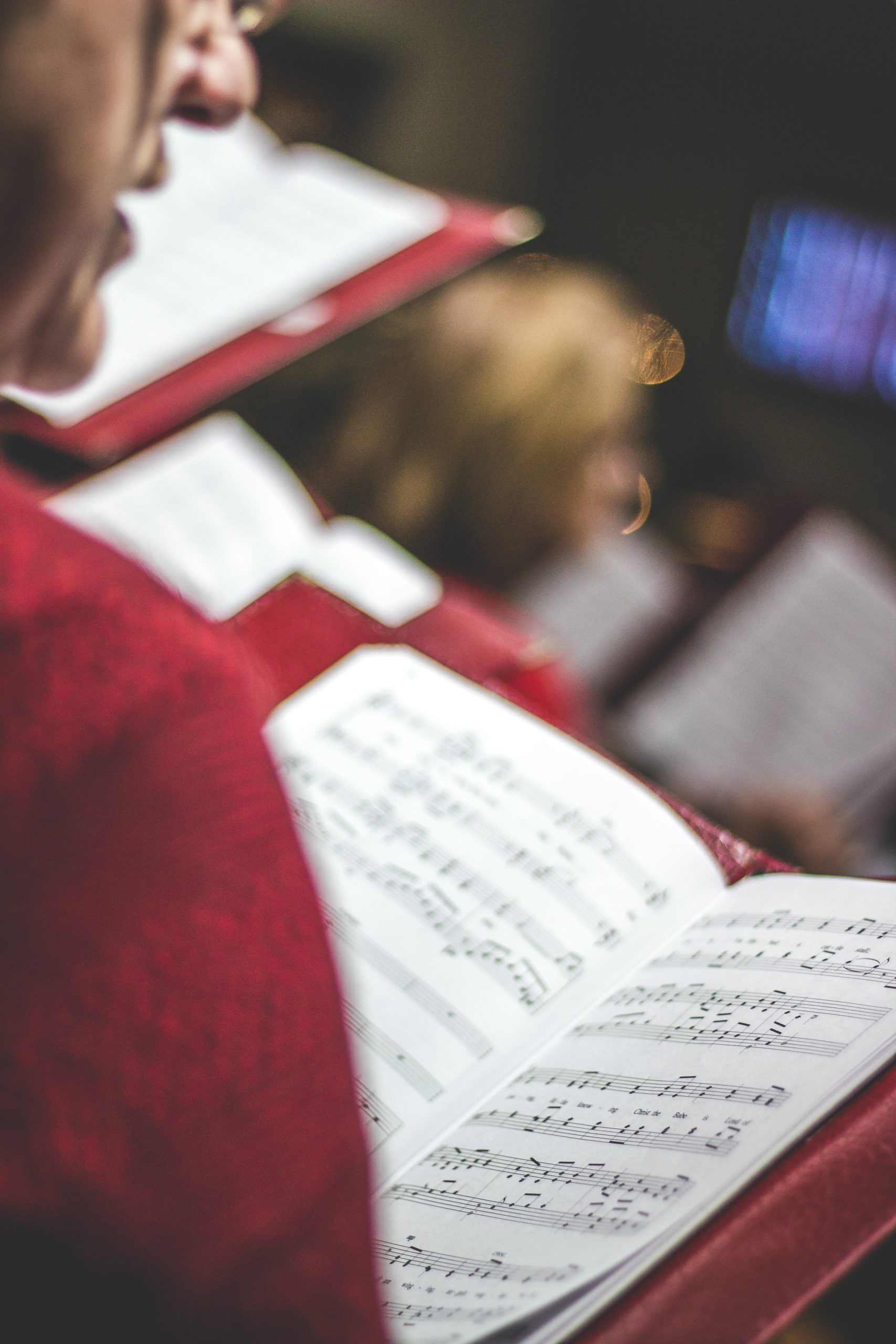By Captain Victoria Mercer
Kaneohe, HI Corps
Hawaiian & Pacific Islands Division
Context:
Before reading the passage of Scripture, it is always important for us to look at the context of the whole book of Exodus. We should look at who wrote it, why did they write it, to whom did they wrote this for, any key themes in the book and what was the culture like back then. The reason we should do this is because it can be very easy for us to look at a Bible passage and try to relate to it from our current culture and our own understanding, when really, back then, culture was very different, and this will help us to see why God did what He did and how it can relate to us today.
Exodus was written by Moses, whom God used when He set the Israelites free from their long 400 years of slavery to the Egyptians. The audience that this was written for was the people of Israel, and it was written to record the events of Israel’s deliverance from Egypt and their development as a nation. It was written in the desert during Israel’s wanderings (somewhere in the Sinai peninsula). The key theme we see is Redemption in the book of Exodus.
God sent Moses and Aaron (Moses’ brother) to speak to Pharaoh and for him to let God’s people go (anyone else thinking of the movie Prince of Egypt and the song? No…just me…haha). Pharaoh’s heart becomes hardened, and he refuses. He refuses not just once, not just twice, but nine times! One, that shows how hardened his heart was and two, it shows how many chances God gave him. There were nine plagues that hit Egypt before our passage: the plague of blood, the plague of frogs, the plague of gnats, the plague of flies, the plague of livestock, the plague of boils, the plague of hail, the plague of locusts and the plague of darkness. This is a good transition for us to read our passage of Scripture for this study.

Read Scripture: Exodus 12
What about Jesus
You may be wondering what the Passover has to do with Jesus being born (it is Christmas time after all). Also, what does it have to do with the spiritual discipline of celebration that we are talking about this month? It has so much to do with it!
Our God is so amazing! Before He created our world, He knew His amazing plan of redemption. During the time of the Exodus when God saved His people from slavery to the Egyptians, He knew His plan of ultimate redemption from our sin. All along, He orchestrated every detail. How did He do that with regards to the Passover? Passover was a Spring holiday that took place between March and April and was followed by the Unleavened Bread Feast and the First Fruits Feast (all took place three days within each other). The way the blood was placed on the door looked something like this:

Blood was placed at the top and the sides of the doors, sort of looking like the shape of the cross (hmmm…I sense a foreshadowing coming on!). Passover took place on a Friday and then the other two feasts took place on Saturday and Sunday. How does Jesus fit in with this? He was the Passover Lamb for us! He was perfect, God Himself, and He willingly chose to come and be fully human (tempted as we are yet He did not sin) and die a criminal’s death, taking on so much physical, mental, and emotional pain on our behalf. It doesn’t end there. He also took on the FULL wrath of God against the sin of the whole world! And, as someone wrote on the festivals of the Jews: “…the Passover pointed to the Messiah as our Passover Lamb whose blood would be shed for our sins. Jesus was crucified on the day of preparation for the Passover, at the same time that the lambs were being slaughtered for the Passover meal that evening,” (Holy Land Site).

Now we see how Jesus fits in with Passover, but what about our theme for the month on the spiritual discipline of celebration? Where does that fit in with all of this? Simply put, our God is a God of Joy and Celebration. He is the One who created it! It was His idea all along. The people of Israel had many holidays and feasts they were told to celebrate, and they always did it in community. The focus of all of these was God Himself, whether that meant giving to others, remembering all He has done for them or sacrificing sin offerings for the wrongs they have done. In Nehemiah, when the walls were built and he was leading the third group out of captivity, Ezra read the Law of the Lord and the people starting mourning and grieving: “Then Nehemiah the governor, Ezra the priest and teacher of the Law, and the Levites who were instructing the people said to them all, “This day is holy to the Lord your God. Do not mourn or weep.” …Nehemiah said, “Go and enjoy choice food and sweet drinks, and send some to those who have nothing prepared. This day is holy to our Lord. Do not grieve, for the joy of the Lord is your strength.” …Day after day, from the first day to the last, Ezra read from the Book of the Law of God. They celebrated the festival for seven days, and on the eighth day, in accordance with the regulation, there was an assembly,” (Nehemiah 8:9-10, 18 NIV).
In The Spiritual Disciplines Handbook by Adele Ahlberg Calhoun, a quote that really struck me was this: “The world is filled with reasons to be downcast. But deeper than sorrow thrums the unbroken pulse of God’s joy, a joy that will yet have its eternal day,” (29). Throughout God’s Word, we see how delightful His commands are, how He gives abundant life, to rejoice always, to always give thanks, and to praise the Lord. The more we dive into His Word, the more we get to know His character and who He really is and not just what we think we know about Him.

Other Passages to Read:
Some other passages to read and dive into that discusses more on the festivals and holidays, delighting in the Lord and His Word, and rejoicing are these (this is not a full list of all that there are): Leviticus 23, Deuteronomy 16, Psalm 48, 106, 119 and 150, Philippians 4:4-8, and 1 Thessalonians 5:16-18.
Questions:
Christmas can be a hard time for some of us who have lost loved ones and has been a time of grieving. For any of you reading this who have lost someone you love dearly, I am so sorry for your loss and know that you are not alone. When we look Biblically, the people celebrated together and not alone and we see celebration happening regardless of circumstances, such as Paul when he wrote the letter Philippians and was in prison (the main theme throughout it was joy). Here are some questions for all of us to ponder:
- Where do I see the character of God in the Exodus 12 passage? What characteristics do I see?
- What was the importance of Passover to the people of Israel?
- Why was it so important for them to observe Passover annually?
- Why was celebration a community thing and not to be done alone? What does this say of God’s heart?
- How do I see true joy found throughout the passages discussed above?
Now, some personal application questions to ponder: - Is my focus on Christmas on God and all He has done and celebrating Him, or is it about something else?
- Why is it important to celebrate with others? What good would it do not only for my faith, but also my relationship with others?
- Has the true Christmas story of Christ coming become habit and routine, or do I see the how amazing it really is? (Something that may be helpful for this is not just looking at the passages from the New Testament about His birth, but also looking throughout the Bible to see the whole picture and all God orchestrated for Jesus to come at just the right time and just the right way).
I hope and pray this was helpful for those reading and that God uses it to give all of us a deeper love of Him and His Word, and a deeper gratitude for all He has done for us. God bless.
Download a printable version of this Bible Study:

 December 2023 Craft: Holiday Centerpieces
December 2023 Craft: Holiday Centerpieces